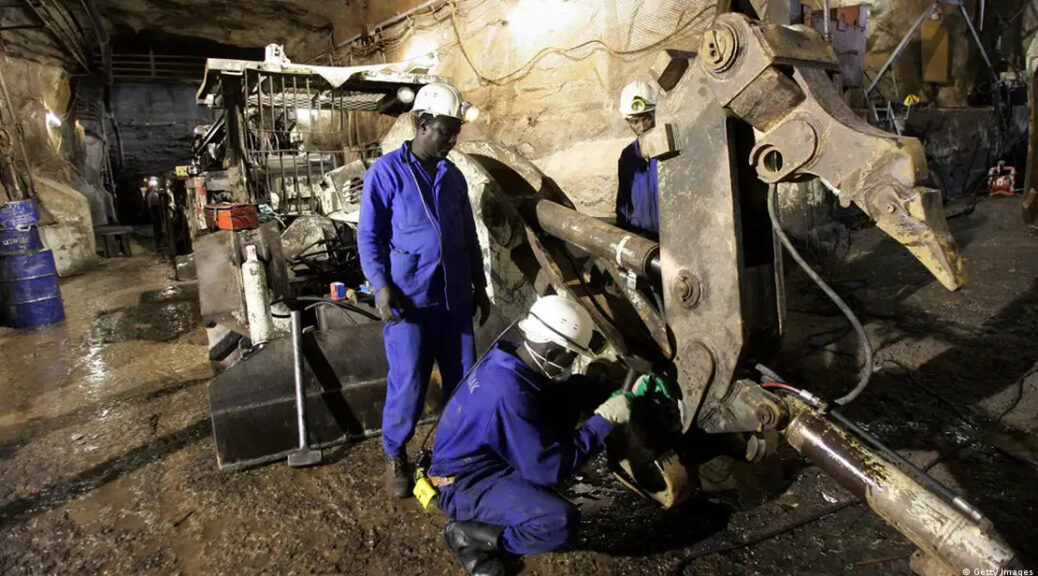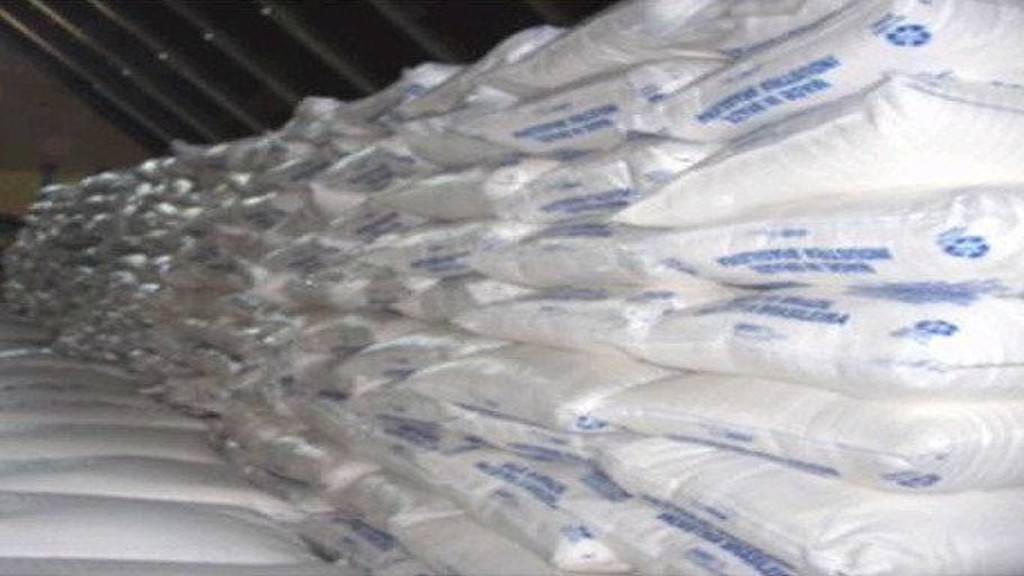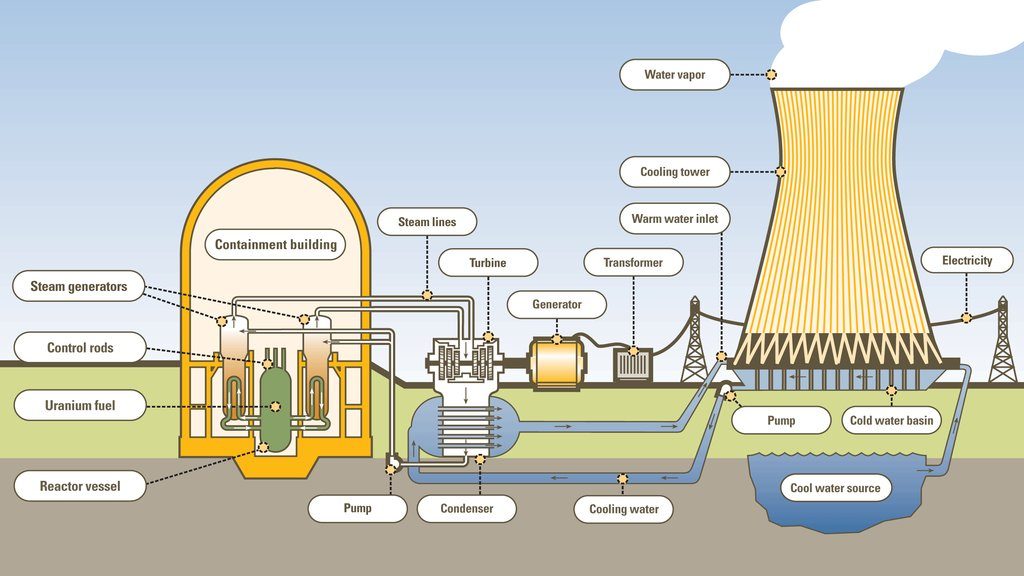The war in Ukraine and talks about energy independence are revitalising nuclear energy. This is driving uranium prices up again and supply bottlenecks cannot be ruled out in the long term.
Experts also agree that there is no short-term ‘uranium problem’. Until recently, the mineral was ‘abundant and accessible at low prices’, said Raphaël Danino-Perraud, associate researcher at IFRI, a think tank, in an interview with EURACTIV.
Nevertheless, it is pointed out that demand is increasing in new, unprecedented ways. Major countries are turning to nuclear energy to increase their energy independence. The ‘Fukushima scare’ is over.
After a steady rise in prices in the mid-2000s, reaching an extraordinary one-off peak of $140 per pound in the summer of 2007, uranium prices stagnated in the $50 per pound range. At the beginning of 2011, they rose slightly to 70 $/pound before falling back to an average of 25 $/pound after Fukushima.
But demand is rising again.
The price of uranium has ‘doubled in two years’, Teva Meyer, an expert on nuclear geopolitics, told EURACTIV. In mid-August 2023, it reached 56 dollars per pound. This shows that the market ‘expects uranium demand to grow in the coming years’, the Orano spokesperson added
The International Atomic Energy Agency (IAEA) estimates that the world can use uranium for another 175 years, given the expected resources and average annual uranium production. That is more than coal (132 years) and oil and gas (around 50 years).
The problem, however, lies in the time it takes to exploit a newly found reserve. ‘There can be a time span of 20 to 40 years,’ says Kamin. In the meantime, mining companies have been deterred from investing in the sector by the collapse in market prices.
Source: EURACTIV/ORANO
 afric-Invest
afric-Invest

 incumsa-45
incumsa-45

